Research, enterprise and education excellence recognised by Institute of Physics
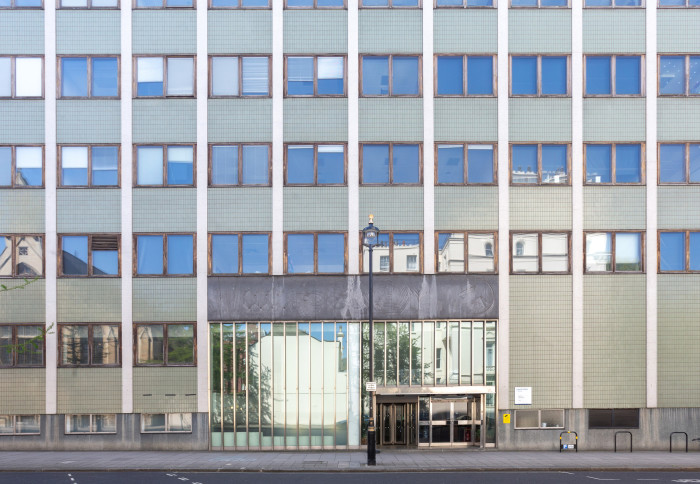
Three academics and one team have been honoured in this year’s Institute of Physics Awards.
Professors Michael Tarbutt and Michael William Finnis have been honoured for their seminal research in ultracold molecules and materials modelling respectively, while PhD candidate Amy Smith has won for her dedication to physics education, and Digistain have taken home a Business Award for their cancer-screening technology.
Professor Michael Tarbutt: Joseph Thomson Medal and Prize
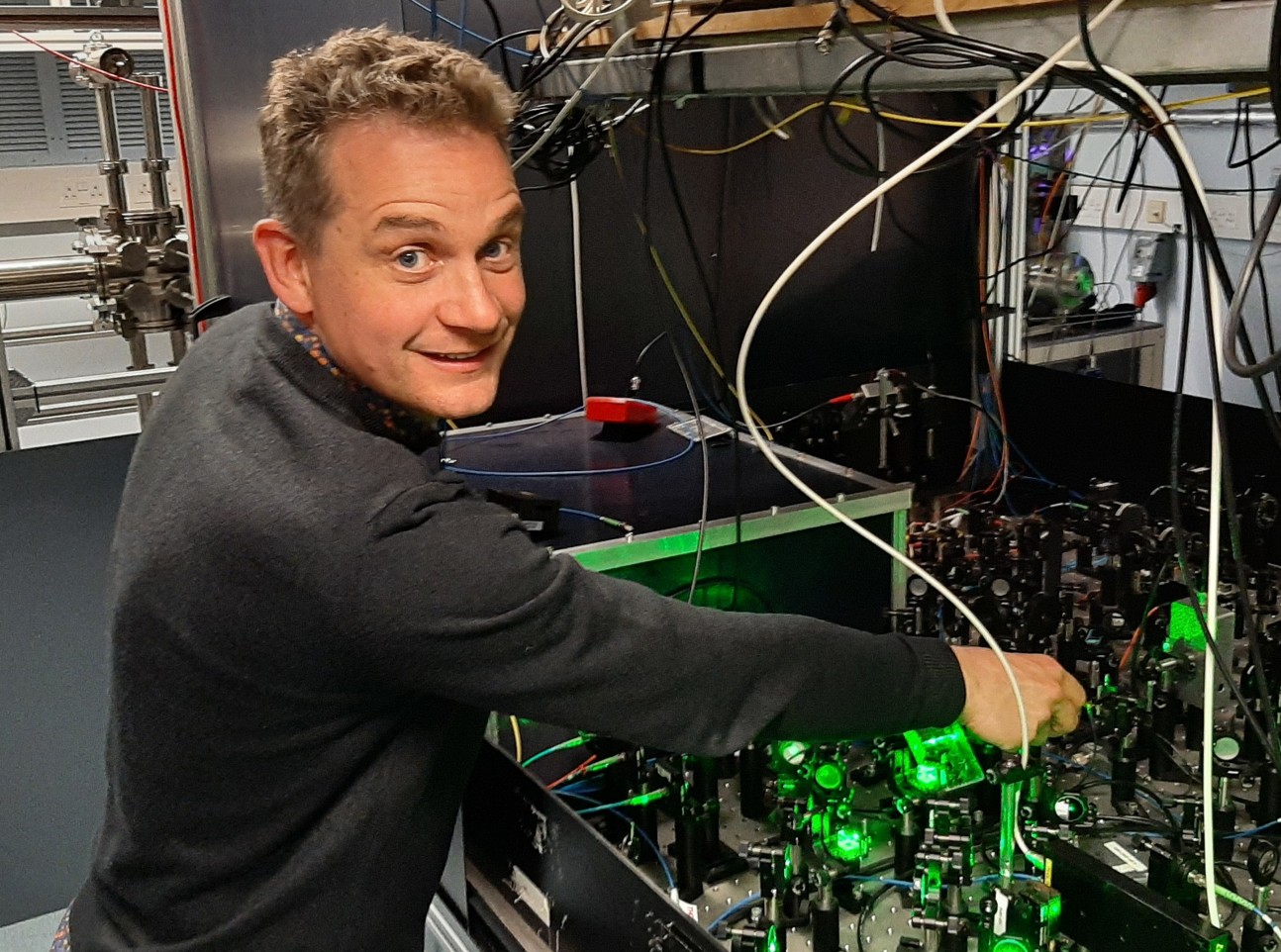 Professor Tarbutt, from the Department of Physics, is honoured for ‘pioneering experimental and theoretical work on the production of ultracold molecules by laser cooling, and the applications of those molecules to quantum science and tests of fundamental physics’.
Professor Tarbutt, from the Department of Physics, is honoured for ‘pioneering experimental and theoretical work on the production of ultracold molecules by laser cooling, and the applications of those molecules to quantum science and tests of fundamental physics’.
His work has provided the experimental methods and underpinning theory to cool molecules to unprecedented levels. These extremely cold molecules can be used to understand collisions at the quantum level, build quantum gates, simulate large quantum systems where every piece can interact with every other piece, and test fundamental physics such as theories of dark matter.
He said: “I am delighted to receive this prize and would like to dedicate it to the many PhD students and postdoctoral researchers who have worked with me and who have been so instrumental in making this research happen.”
Amy Smith: Jocelyn Bell Burnell Medal and Prize
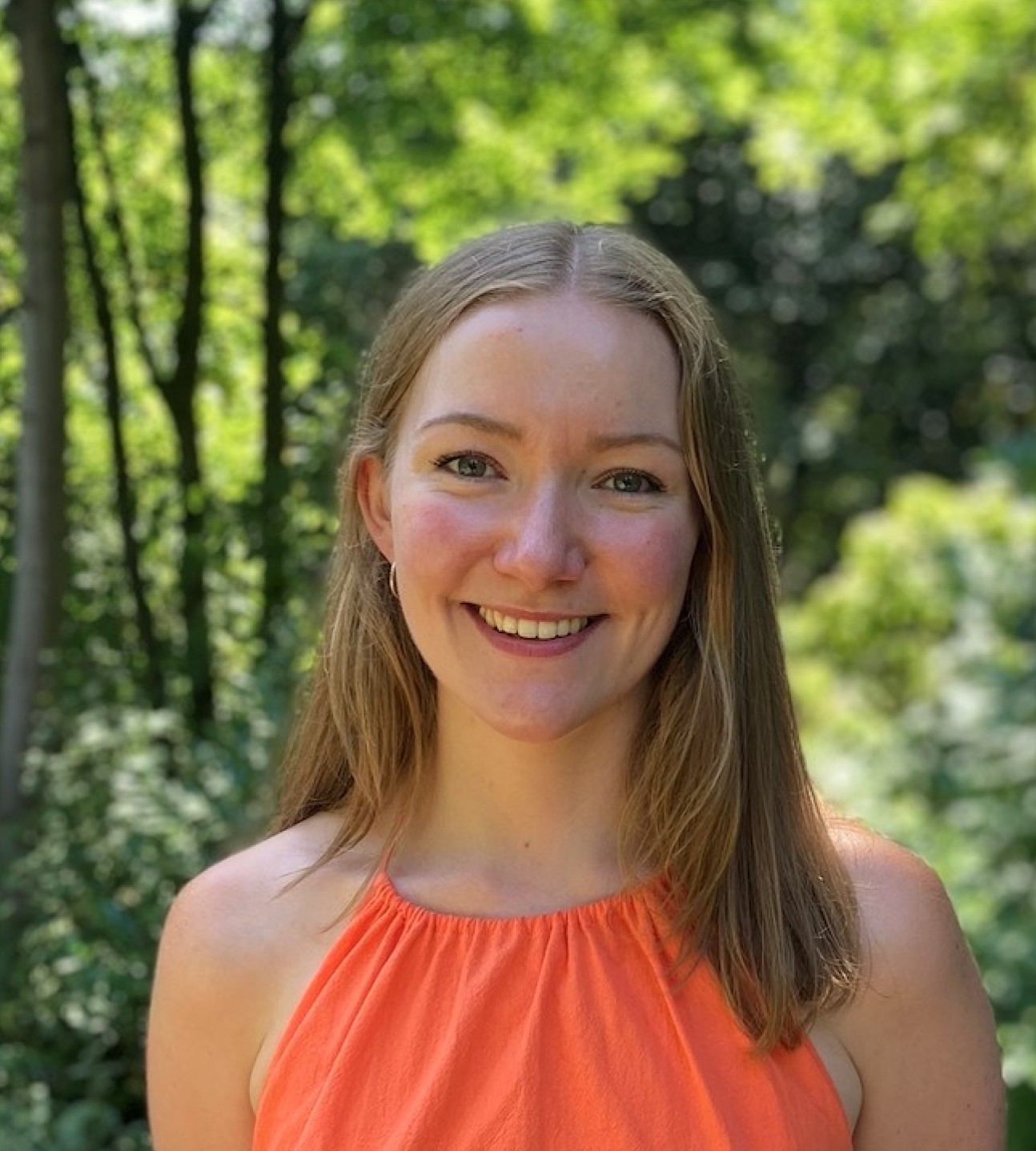 Amy Smith, from the Department of Physics, is honoured for ‘exceptional contributions to physics education and efforts to reducing barriers to progression and increasing sense of belonging amongst underrepresented groups’.
Amy Smith, from the Department of Physics, is honoured for ‘exceptional contributions to physics education and efforts to reducing barriers to progression and increasing sense of belonging amongst underrepresented groups’.
She researches social factors within physics higher education and puts this into practice, for example, through her work restarting the Women in Physics Society, which now has over 300 members. This summer she also co-organised a £10,000 research culture and professional development project for physicists from historically marginalised groups, designed to equip participants with the skills to progress in academia and industry and ultimately create an intergenerational support network.
Smith developed and supervised a student-partnership research project that investigated how the cancellation of A-level exams affected undergraduate students’ test anxiety and self-efficacy. She is currently working on two further student-partnership projects, investigating physics teaching preferences and developing a collection of resources for UK universities to give recognition to the diverse history and background of physics in their curriculum.
She said: “I am incredibly honoured to have received this award. It is wonderful that the IOP and wider community are recognising physics educators and physics education researchers as being fundamental to the advancement of physics!"
Professor Michael William Finnis: Paul Dirac Medal and Prize
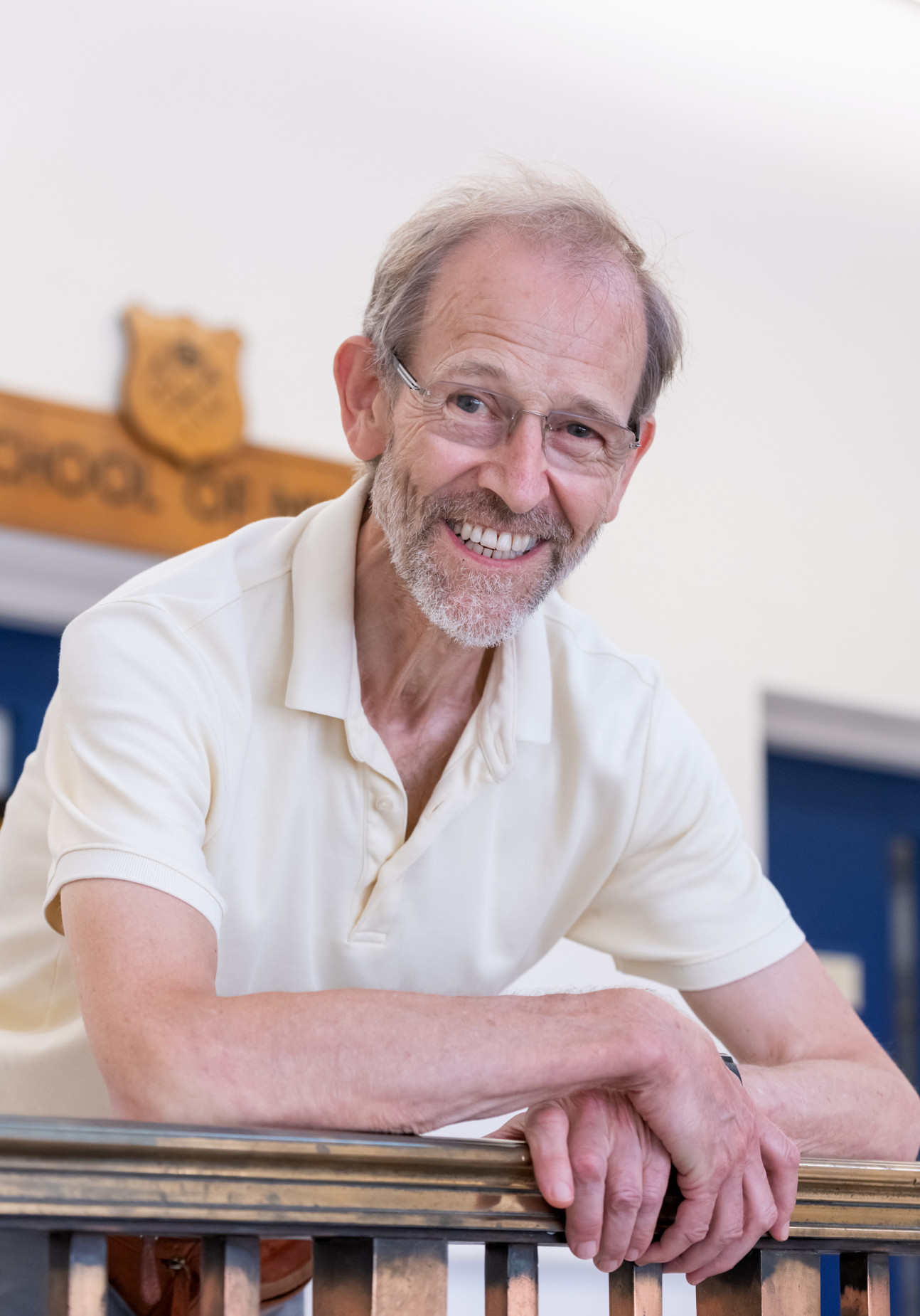 Professor Finnis, from the Departments of Materials and Physics, is honoured for ‘opening entire areas of materials physics to rigorous theory and atomic-scale computation, including atomic interactions, irradiation damage, metal–ceramic interfaces, grain boundary embrittlement and ab initio thermodynamics of open systems’.
Professor Finnis, from the Departments of Materials and Physics, is honoured for ‘opening entire areas of materials physics to rigorous theory and atomic-scale computation, including atomic interactions, irradiation damage, metal–ceramic interfaces, grain boundary embrittlement and ab initio thermodynamics of open systems’.
His main research interest is in exploring the links between electronic structure of materials, the behaviour of their atoms, thermodynamic functions, and the evolution of microstructure.
He said: "I’m tremendously honoured to be awarded the Dirac Medal by the Institute of Physics this year. The various bits of work that got me the award were done over several decades, inspired by lectures, conversations, or collaborations with many junior and senior colleagues around the world.
“Some of us may be classified for administrative convenience as physicists, chemists, materials scientists, engineers and so on, but I’ve found these distinctions matter a lot less than the common attitudes and enjoyment in solving puzzles with the tools of science, and the discourse of sharing problems, ideas and insights. It’s such a great social activity.
“I sincerely wish for younger scientists and proto-scientists to have the education, opportunities and freedom to travel and work abroad that I’ve been lucky enough to enjoy."
Digistain: Business Start-Up Award
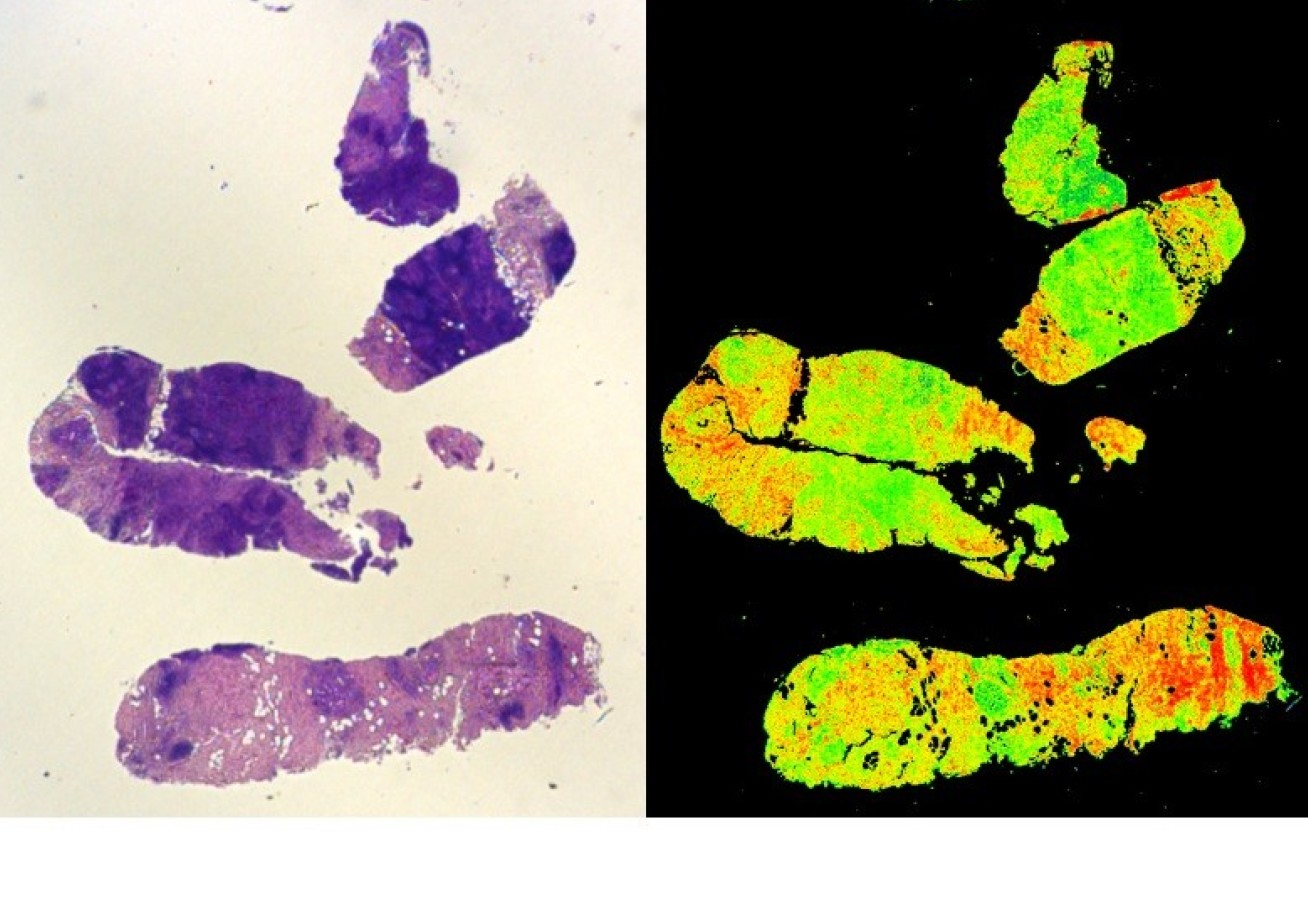
Digistain, co-founded by Professor Chris Phillips and Dr Hemmel Amrania from the Department of Physics, is awarded for ‘solving treatment delays in breast cancer by using a biomedical implementation of infrared vibrational spectroscopy’.
The technology takes the guesswork out of cancer diagnosis by measuring the chemical changes that accompany the disease. It allows physicians to decide who needs chemotherapy quickly and easily.
The Digistain method typically returns a result in an hour at a fraction of the cost of current methods. This means that care decisions can be taken rapidly, and patients spared the anxiety of waiting to hear about their next treatment.
The Digistain technology was developed over 10 years of research in the Department of Physics in collaboration with Professor Sir Nicholas Wright from Cancer Research UK, and trialled successfully with NHS hospitals.
After a landmark trial with over 1,200 breast cancer patients, Digistain demonstrated equivalence to the current gold standard and received Medicines and Healthcare products Regulatory Agency approval.
Article text (excluding photos or graphics) © Imperial College London.
Photos and graphics subject to third party copyright used with permission or © Imperial College London.
Reporter
Hayley Dunning
Communications Division